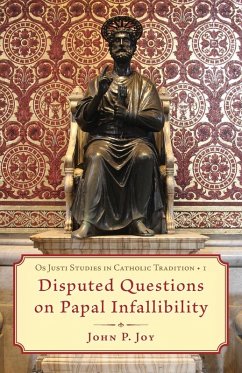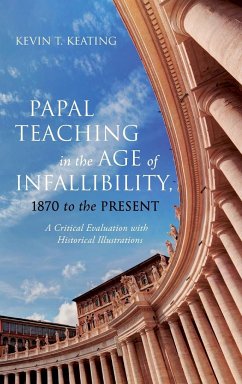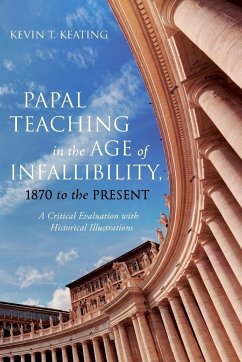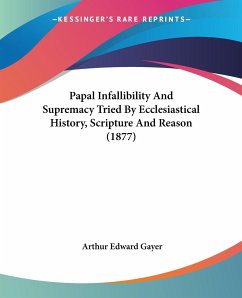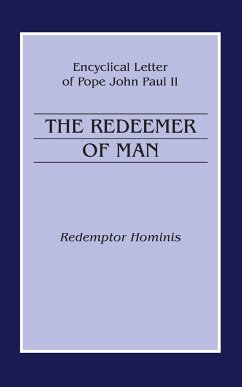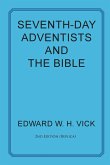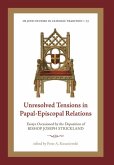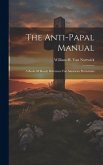The First Vatican Council solemnly defined that the pope is infallible when he speaks ex cathedra, that is, from the chair of St. Peter, which is the chair of truth. With this definition, the question as to whether the pope is able to speak infallibly at all has been finally settled; since then, theological discussion has centered on the subsidiary questions as to how often and under what conditions he does so. Here there are two errors to be avoided: the very real phenomenon of "creeping infallibilization," according to which almost every utterance of the pope is regarded as being (at least practically) infallible, and the equally dangerous tendency to interpret the conditions for papal infallibility so restrictively as to render the dogma almost meaningless. Paradoxically, these opposite tendencies seem to be almost equally widespread among Catholics in general. One constantly encounters the idea that the pope has spoken infallibly only twice-that is, in defining the dogmas of the Immaculate Conception and Assumption of Mary-and yet, it is also everywhere assumed (indeed, often by the same people!) that no pope could possibly teach anything false in any of his official teaching on faith or morals. As is so often the case, the truth lies in between. Dr. John P. Joy, an expert on the magisterium, has chosen the format of the scholastic disputation in an effort to bring some measure of greater clarity to the topic. The first question concerns the extension and limits of papal infallibility in general; the second question concerns particular cases of papal teaching, including Evangelium Vitae, Ordinatio Sacerdotalis, Humanae Vitae, Quanta Cura, Exsurge Domine, and Unam Sanctam. A number of essays further develop key points, including what we are to make of Pope Francis's change to the Catechism on the death penalty. This succinct study brilliantly clarifies some of the most controversial and confusing questions in Catholic ecclesiology.
Hinweis: Dieser Artikel kann nur an eine deutsche Lieferadresse ausgeliefert werden.
Hinweis: Dieser Artikel kann nur an eine deutsche Lieferadresse ausgeliefert werden.

